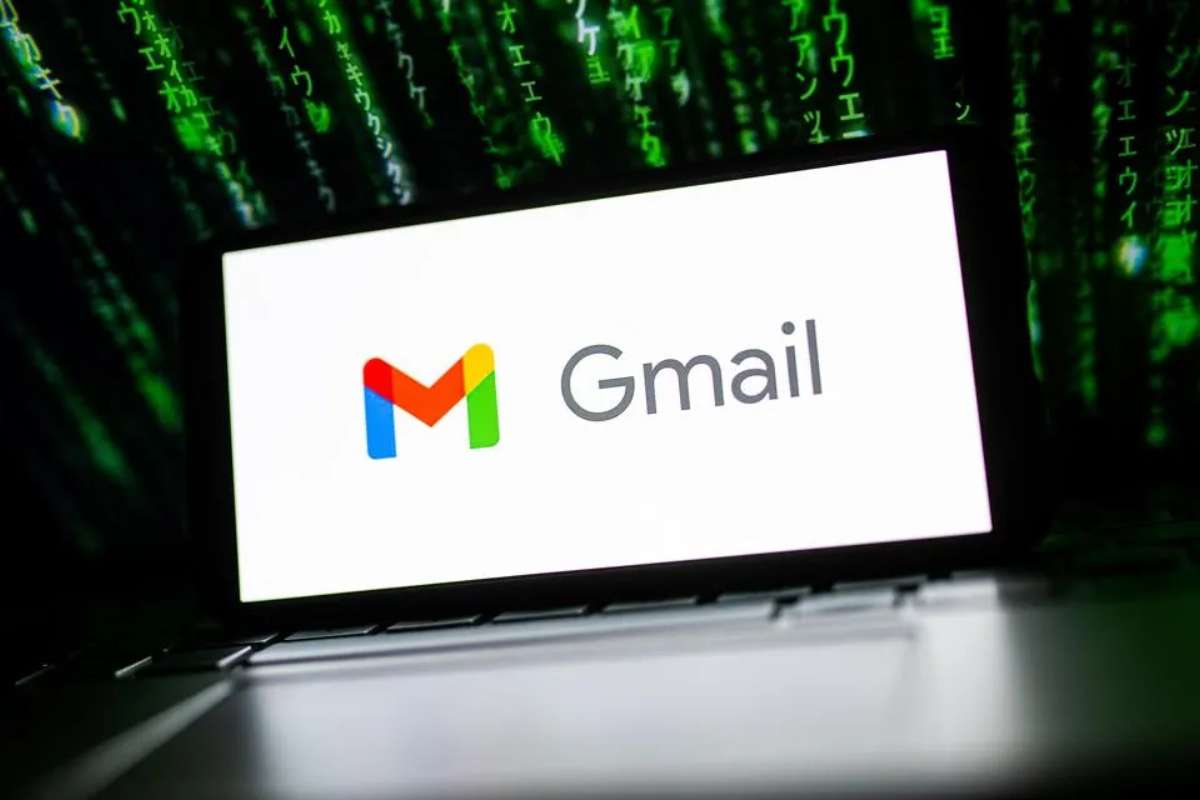Escalating Threats to Gmail Users
The Federal Bureau of Investigation (FBI) has issued a stark warning to Gmail users, urging them to exercise extreme caution amid an unprecedented wave of Gmail phishing attacks. Cybercriminals have adopted artificial intelligence (AI) to launch increasingly sophisticated scams, targeting unsuspecting users with highly convincing fraudulent messages. These attacks are designed to compromise Google accounts, which serve as gateways to vast amounts of personal and financial data.
According to the latest Hoxhunt Phishing Trends Report, phishing attacks that evade security filters have surged by 49% since 2022. Alarmingly, AI-generated phishing attempts now constitute nearly 4.7% of all threats, with a significant number targeting individuals. Cybersecurity experts highlight that AI is being weaponized to enhance social engineering tactics, making fraudulent emails more deceptive than ever.
Cybercriminals are reportedly launching Gmail Phishing Attacks campaigns with minimal investment, as low as $5, to create large-scale threat operations. While AI-powered scams have become more refined, traditional phishing techniques continue to dominate. Security firm VIPRE reports that malicious links remain the most common tactic, accounting for 70% of all phishing Gmail Phishing Attacks. The FBI advises users to avoid clicking on any suspicious links, as doing so could lead to serious security breaches.
AI-Powered Gmail Phishing Attacks : A Growing Concern
Cybersecurity experts have warned that phishing attacks have become easier to execute than assembling flat-pack furniture. Adrianus Warmenhoven, a cybersecurity analyst at Nord Security, explained that phishing emails can deceive users in less than 60 seconds. He emphasized that with AI advancements, scammers no longer need coding expertise to develop fake websites that closely mimic legitimate platforms. These fraudulent sites are used to harvest login credentials and other sensitive data from unsuspecting users.
Further complicating the threat landscape, the Cyble Research and Intelligence Labs uncovered the existence of a malicious tool known as the Open Graph Spoofing Toolkit. This toolkit manipulates metadata to create deceptive links, making phishing attempts appear more legitimate. Initially developed for private use, the toolkit was later sold on underground forums for $2,500, enabling cybercriminals to refine their Gmail Phishing Attacks.
The Open Graph Protocol, originally designed by Facebook to control how shared web pages appear on social media, is being exploited by hackers to create highly convincing fake links. These links, often shortened for better disguise, are crafted to resemble trusted sources, increasing the likelihood of victims clicking on them. The toolkit allows attackers to integrate their domains with Cloudflare, customize URL appearances, and modify redirections in real-time to bypass security defenses.
Security Measures and Recommendations
In response to these growing threats, the FBI advises Gmail users to remain vigilant and avoid interacting with suspicious emails or text messages. Officials warn that fraudulent messages often mimic legitimate businesses, tricking recipients into revealing sensitive information. AI-enhanced phishing emails are particularly deceptive, making it crucial for users to verify any unexpected requests for personal data.
Experts recommend monitoring accounts regularly for signs of unauthorized access and using password managers that auto-fill credentials only on verified websites. Google has also provided security guidelines, urging users to avoid clicking on unfamiliar links, downloading unverified files, or responding to messages requesting private information. The company’s advanced security measures help detect and warn against unsafe content, but users are encouraged to independently verify any security-related notifications by accessing their account settings directly through their web browser.
As cybercriminals continue to refine their tactics, authorities stress the importance of staying informed and adopting proactive security practices to safeguard against phishing threats.






